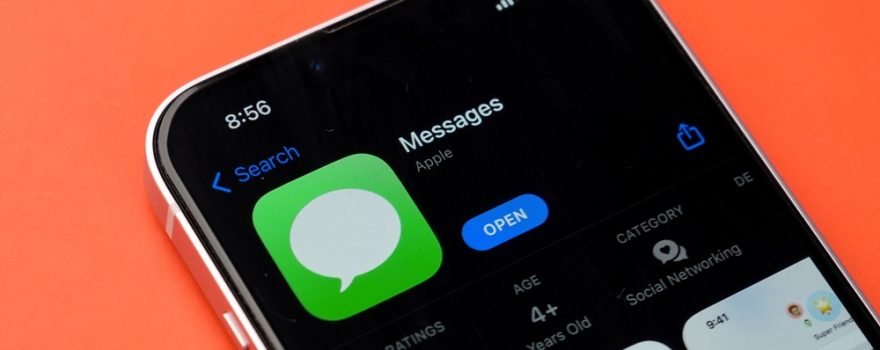
Apple has announced its adoption of the Rich Communication Services (RCS) messaging standard, set to launch through a software update in 2024. This decision comes as a response to mounting pressure from competitors such as Google and Samsung, as well as regulatory considerations.
The RCS implementation aims to simplify messaging between iPhone and Android users, providing better compatibility for cross-platform communication. According to an Apple spokesperson, RCS Universal Profile, published by the GSM Association, will offer improved interoperability compared to traditional SMS or MMS.
The new messaging standard brings iMessage-style features to cross-platform messaging, including read notifications, input indicators, high-quality media sharing, and the ability to communicate location in text messages. Unlike SMS, RCS functions seamlessly over both mobile networks and Wi-Fi.
However, Apple reassures users that iMessage isn’t going anywhere. It will remain the primary messaging platform for iPhone users, coexisting with RCS. The move does not open iMessage to other platforms, and RCS will operate separately, replacing SMS and MMS.
Despite the adoption of RCS, Apple emphasizes the continued security of iMessage. iMessage boasts end-to-end encryption and enhanced data protection for messages in iCloud, features not yet matched by RCS. Apple commits to working with GSMA members to further enhance the security and encryption of RCS messages.
The decision to implement RCS follows years of resistance from Apple, with CEO Tim Cook denying plans for RCS support in 2022. The shift is likely influenced by external pressures, including European Union legislation that could have compelled Apple to open up iMessage.
This strategic move by Apple effectively ends the longstanding conflict between iOS and Android, promising improved messaging experiences for users across both platforms. With RCS, Apple aims to bridge the gap between iPhone and Android users, bringing a new era of cross-platform communication.
